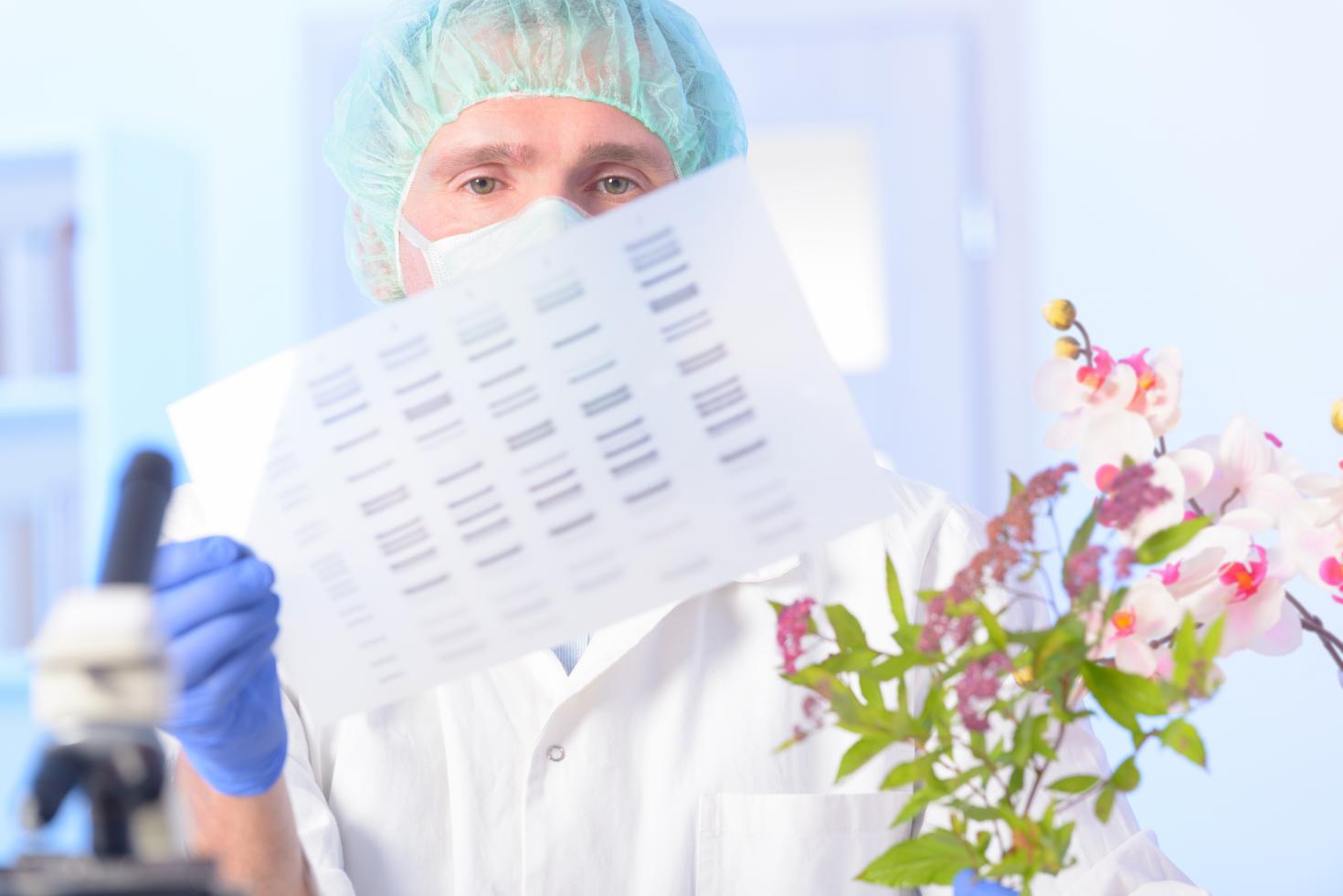The document emerged from the discussion between regulatory experts and scientists on gene editing, at an event organized by IICA in Cali, Colombia.

San Jose, Costa Rica, November 2, 2018 (IICA). Today the government of Argentina presented to the Committee on Sanitary and Phytosanitary Measures of the World Trade Organization (WTO-SPS), an International Statement on Agricultural Applications of Precision Biotechnology. Argentina´s submission seeks to support science-based consideration of agricultural innovations, encourage regulatory compatibility among countries, and minimize potential disruptions to trade.
The non-binding declaration emerged from a discussion on gene editing carried out between regulatory experts and scientists at the Seminar on Genome Editing for Biotechnology Regulators from the Americas, an event organized by the Inter-American Institute for Cooperation on Agriculture (IICA) in Cali, Colombia, in April this year.
Twenty-eight nations, including Australia, Brazil, Canada, Colombia, Dominican Republic, Guatemala, Honduras, Jordan, Paraguay, the United States, Uruguay, and Vietnam, as well as the Secretariat of the Economic Community of West African States (ECOWAS), joined as co-sponsors of Argentina´s submission on the floor of the WTO.
As explained by Pedro Rocha, International Specialist on Biotechnology and Biosafety of IICA, “the evolution of biotechnology has enabled the emergence of new techniques with increased precision, such as gene editing. These techniques, grouped under the name of Precision Biotechnology, can be used to leverage the detailed knowledge of the genome and of the molecular biology of various agricultural organisms”.
In addition, the expert affirms, “precise modification of the genome can, in many cases, generate changes that could have occurred naturally, although over a much longer period of time. In consequence, many of the products generated by these novel techniques are not necessarily equivalent to genetically modified (GM) products, that is to say, they are not transgenic”.
“The products of precision biotechnology, including those derived from gene editing, could help address global challenges in food production and help producers meet consumer demands. However, the wide range of potential outcomes raises questions regarding whether regulation is necessary for certain types of products, in order to avoid international asynchrony in the approval or the unpredictable trade environments that can slow or prevent innovation by developers or could impede products’ commercialization. So, based on the scope of their regulatory frameworks, countries are currently working to define their best approach around the precision biotechnology products”, explained Rocha.
The specialist also added that from the regulatory point of view, it is necessary to define the treatment that should be given to PBI products. On the other hand, there may be some products that could have been obtained by conventional approaches.
“There are several countries that are in favor of having a pragmatic position that allows analyzing some products resulting from gene editing as conventional products, without the need of additional regulation. In other cases, there may be products that incorporate new genes in a manner that is more similar to use older recombinant-DNA technologies”, said Rocha.
Recognizing this, and in the framework of the seminar conducted in Colombia, government participants from IICA member countries began discussions to address trade considerations related to the regulation of precision biotechnology products. Under the leadership of Argentina, they agreed to develop an International Statement to signal consensus on a set of principles that provide for regulatory frameworks that facilitate trade and encourage agriculture innovation, while meeting regulatory objectives.
The Statement contains principles that provide for functional, science-based regulatory approaches, and consistent with international trade obligations. Through this Statement, supporting countries have also made a commitment to undertake collaborative efforts to minimize the potential trade issues that may arise as a result of differences in the regulatory oversight of precision biotechnology products.
The development of biotechnology is key because farmers in Latin America and the Caribbean need to expand their access to new tools to improve productivity, the health of plants and animals, and environmental sustainability. The sector is also important to address global challenges such as climate change, the pressures of pests and diseases, ensure the safety and protection of food supplies throughout the world, as well as satisfy consumer preferences and demands of healthier and better quality food at affordable prices.
The food, animal, and environmental safety of agriculture biotechnology products can be adequately addressed by regulatory frameworks and existing safety standards for agricultural products based on the characteristics of the product or organism. The International Declaration on Agricultural Applications of Precision Biotechnology thus recognizes it.
More information:
Pedro Rocha, International Specialist in Biotechnology and Biosafety of IICA.
https://docs.wto.org/dol2fe/Pages/SS/directdoc.aspx?filename=q:/G/SPS/GEN1658R2.pdf










